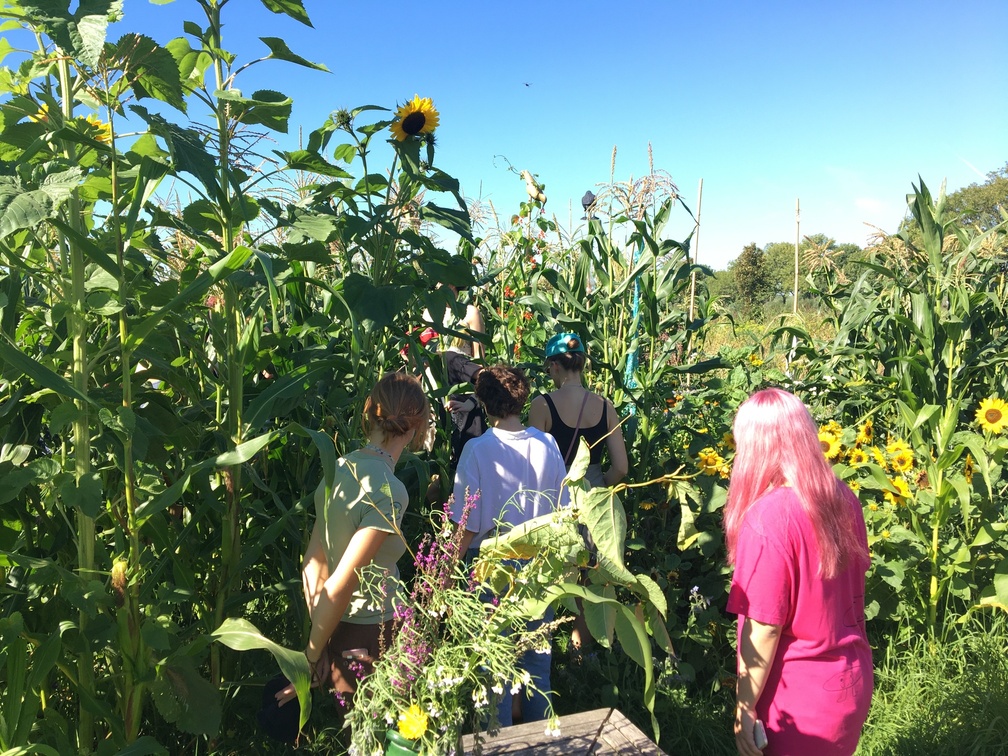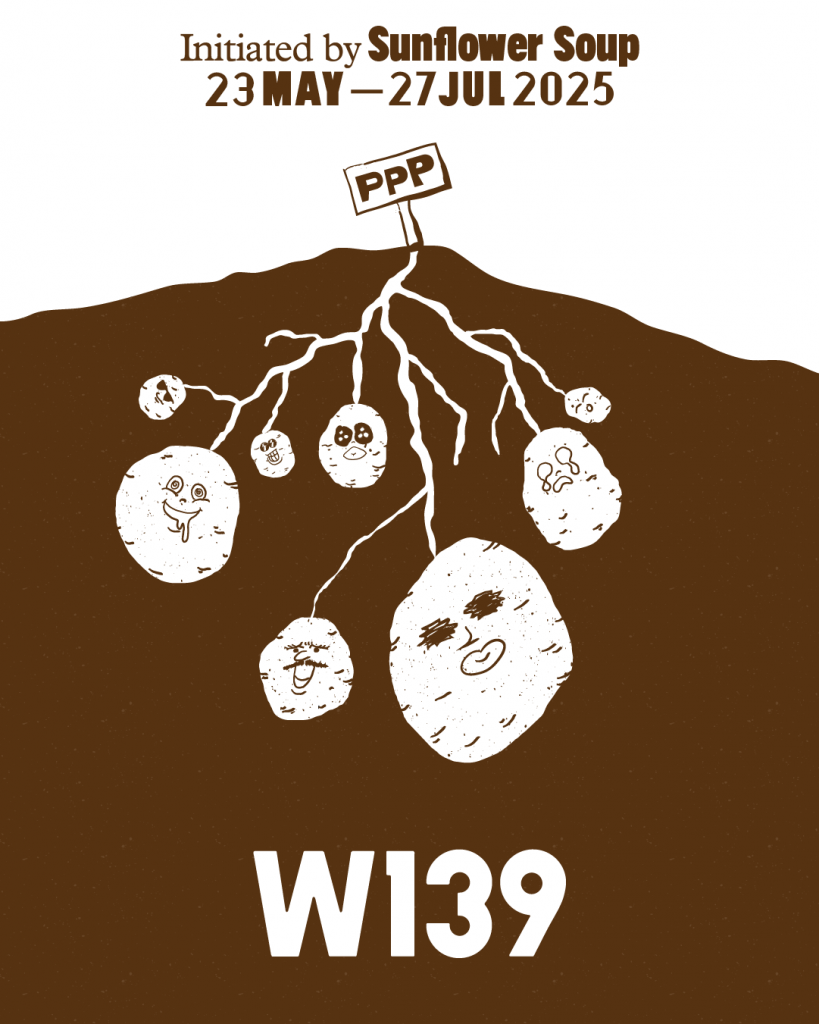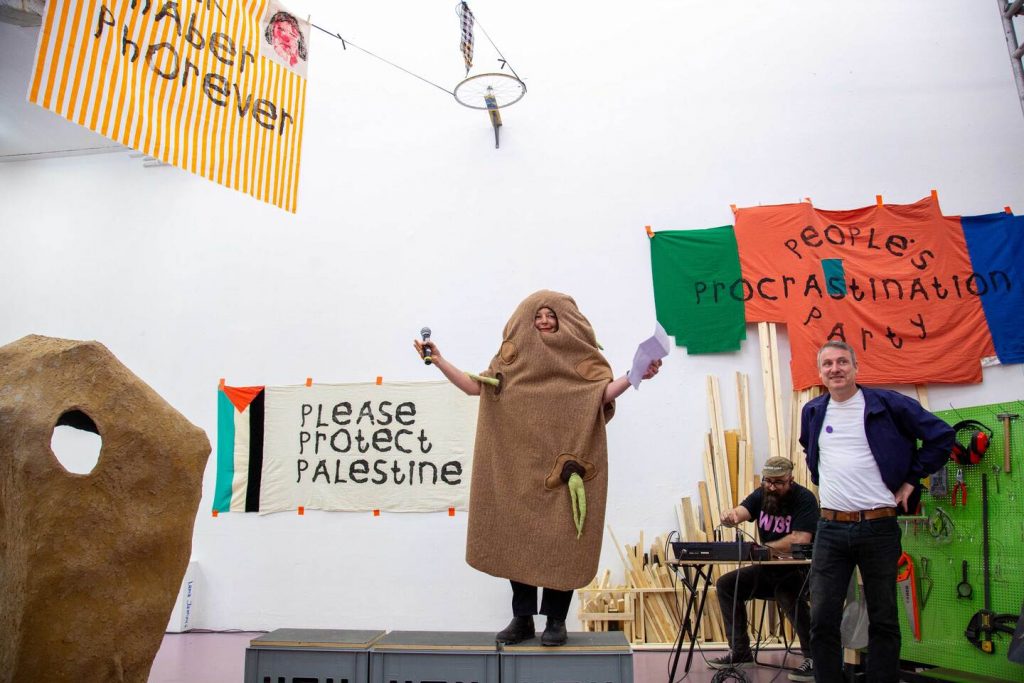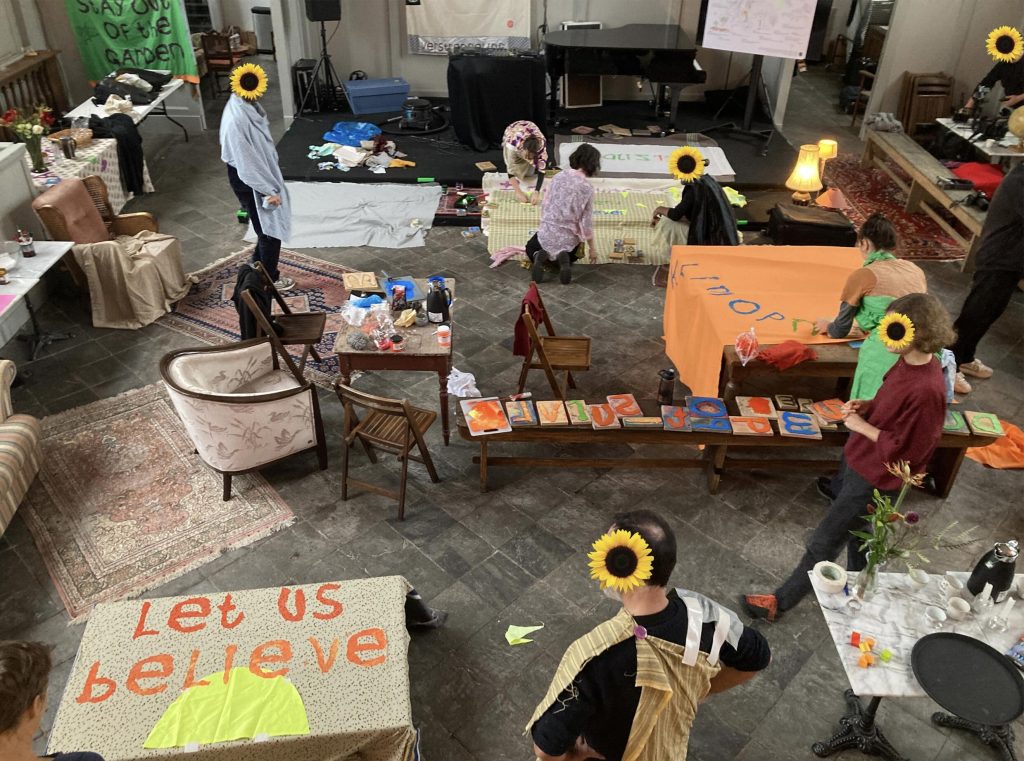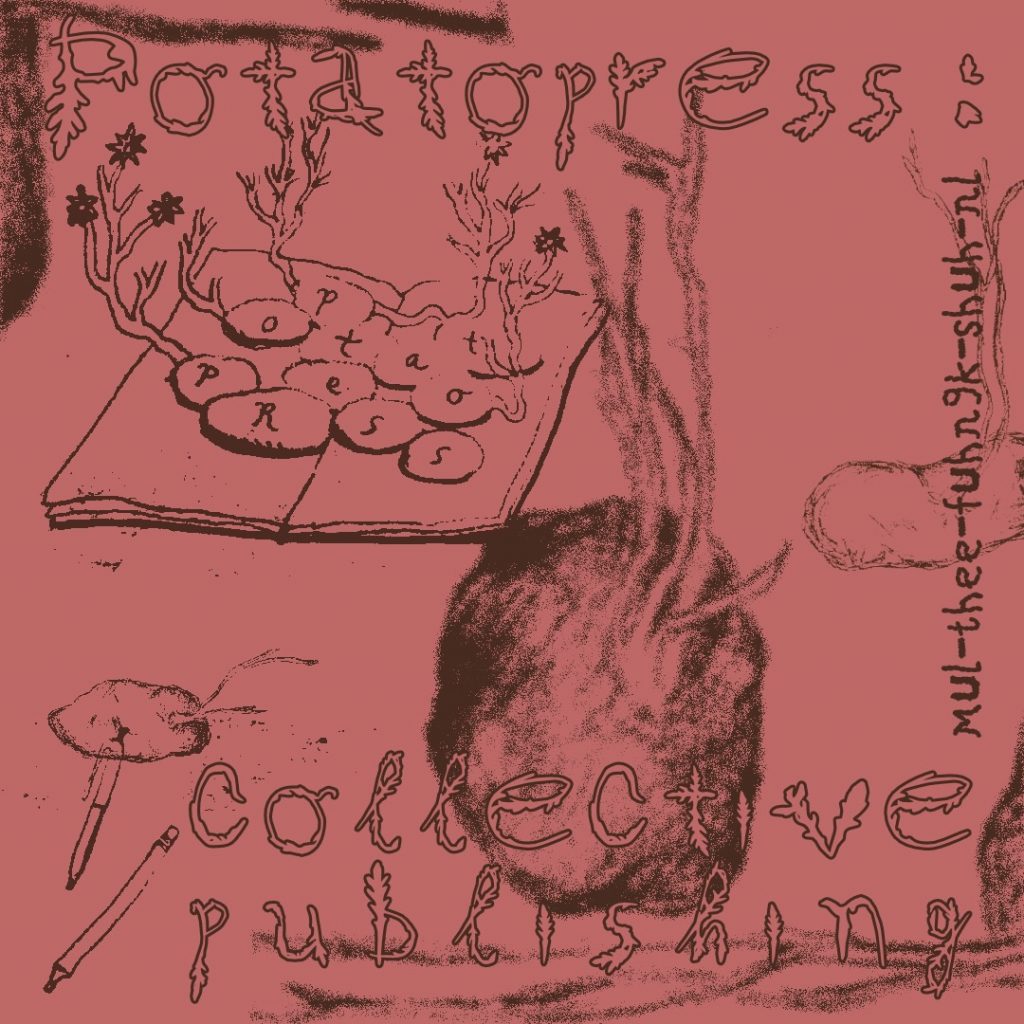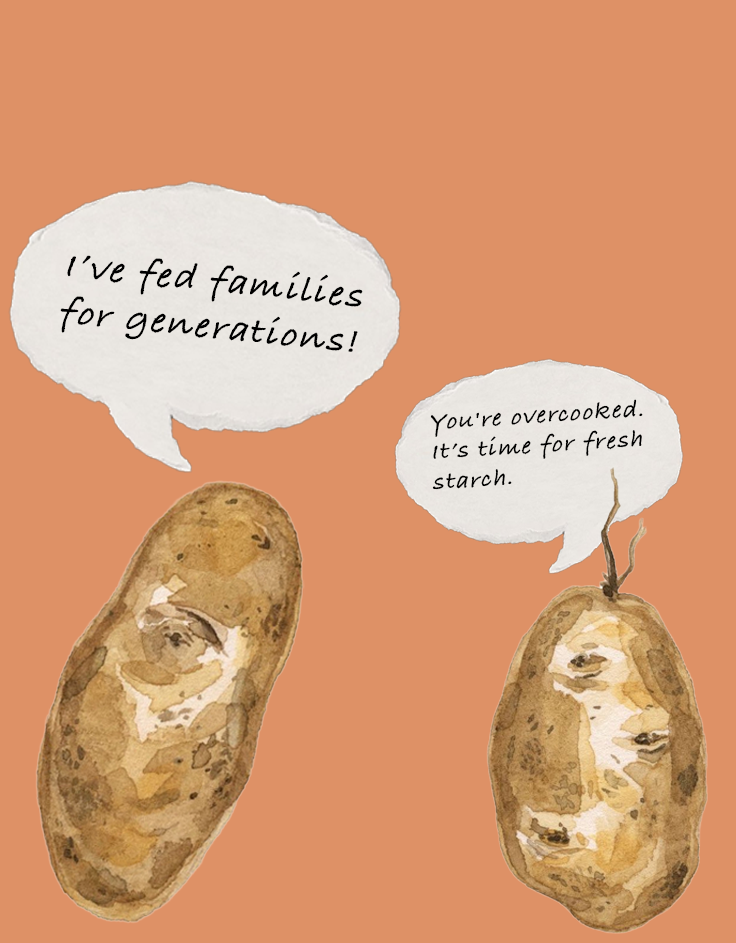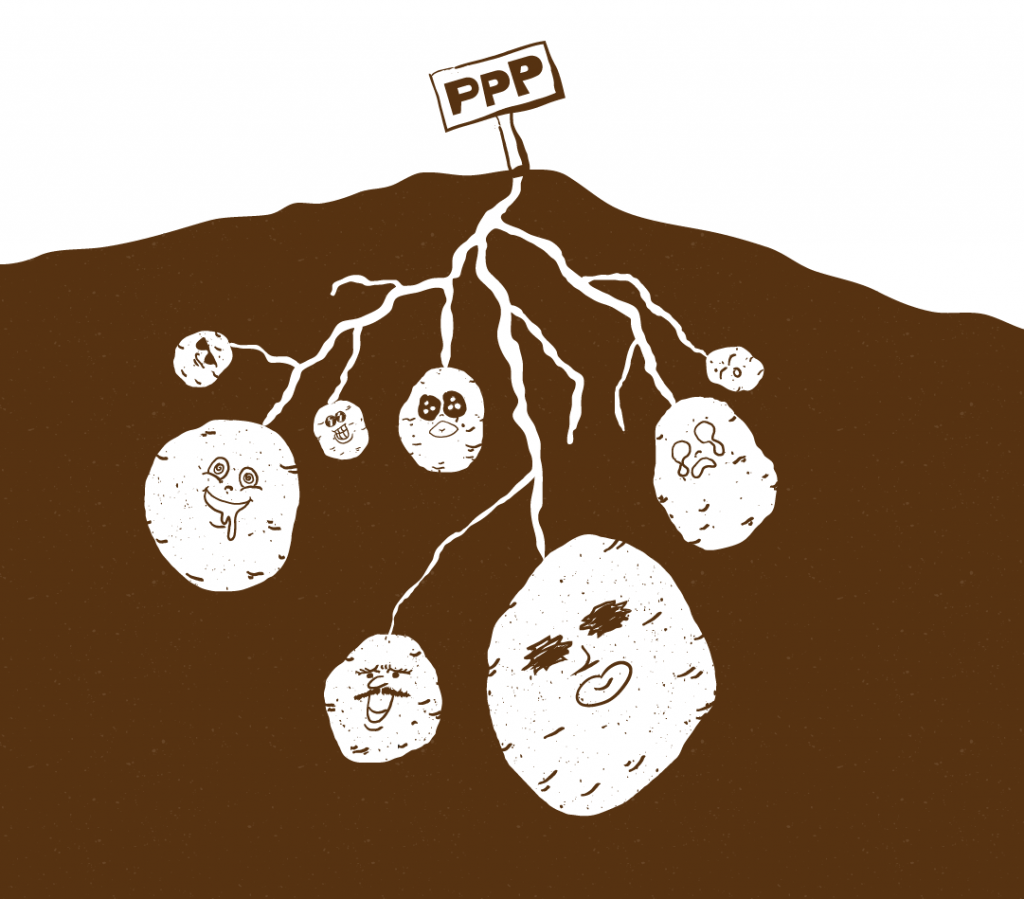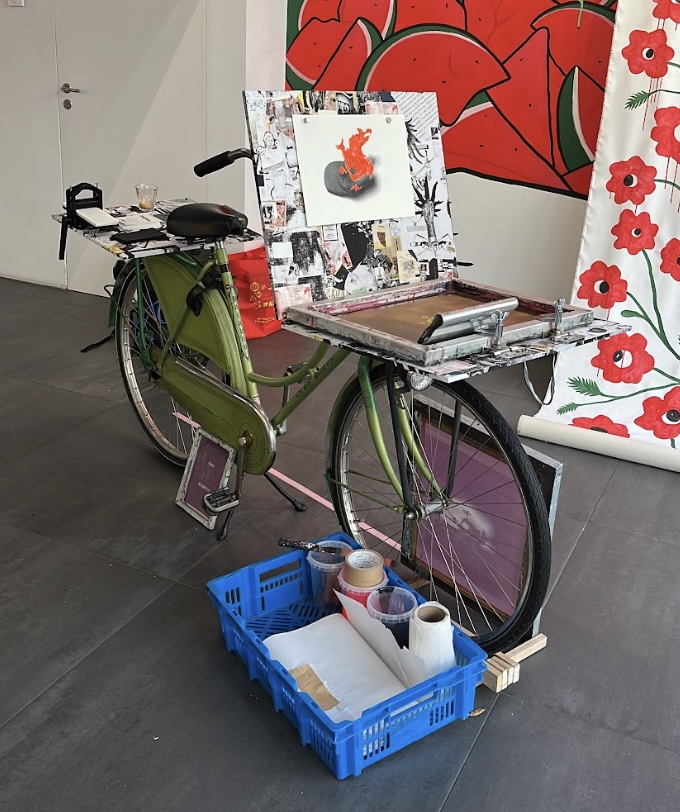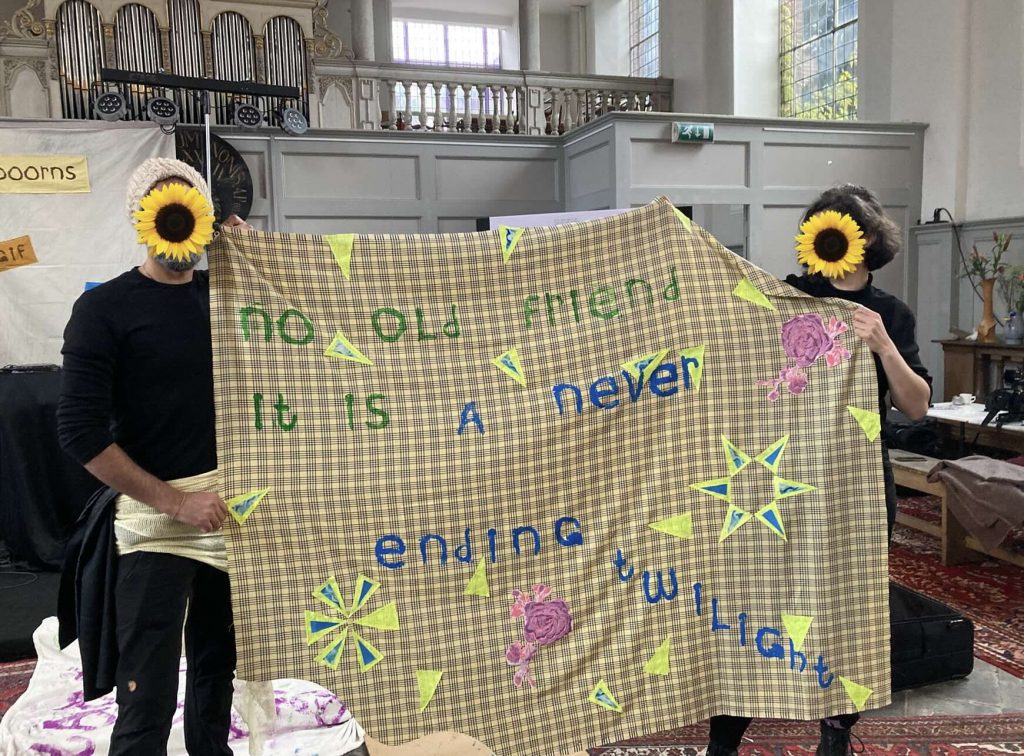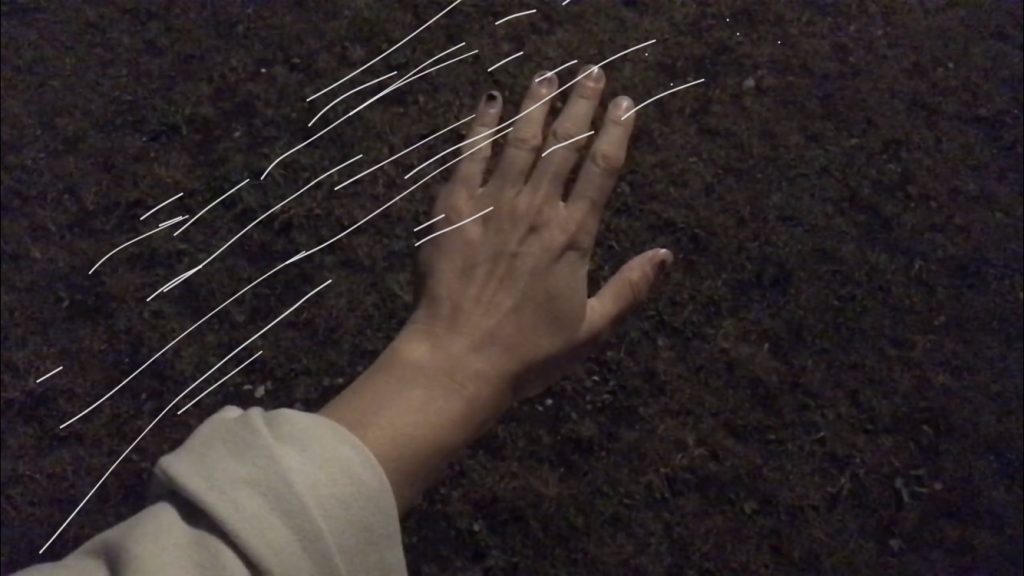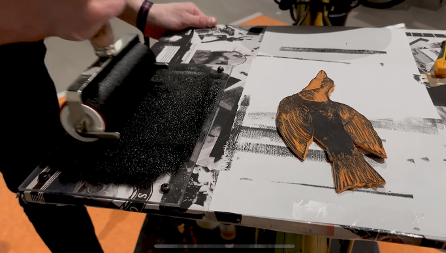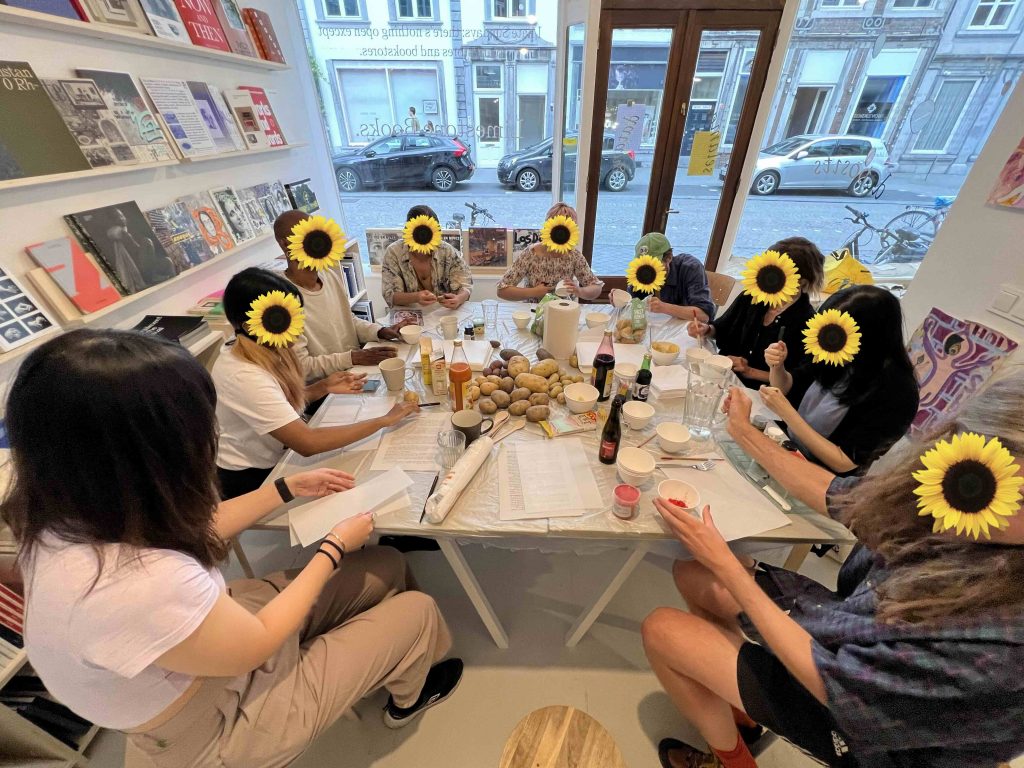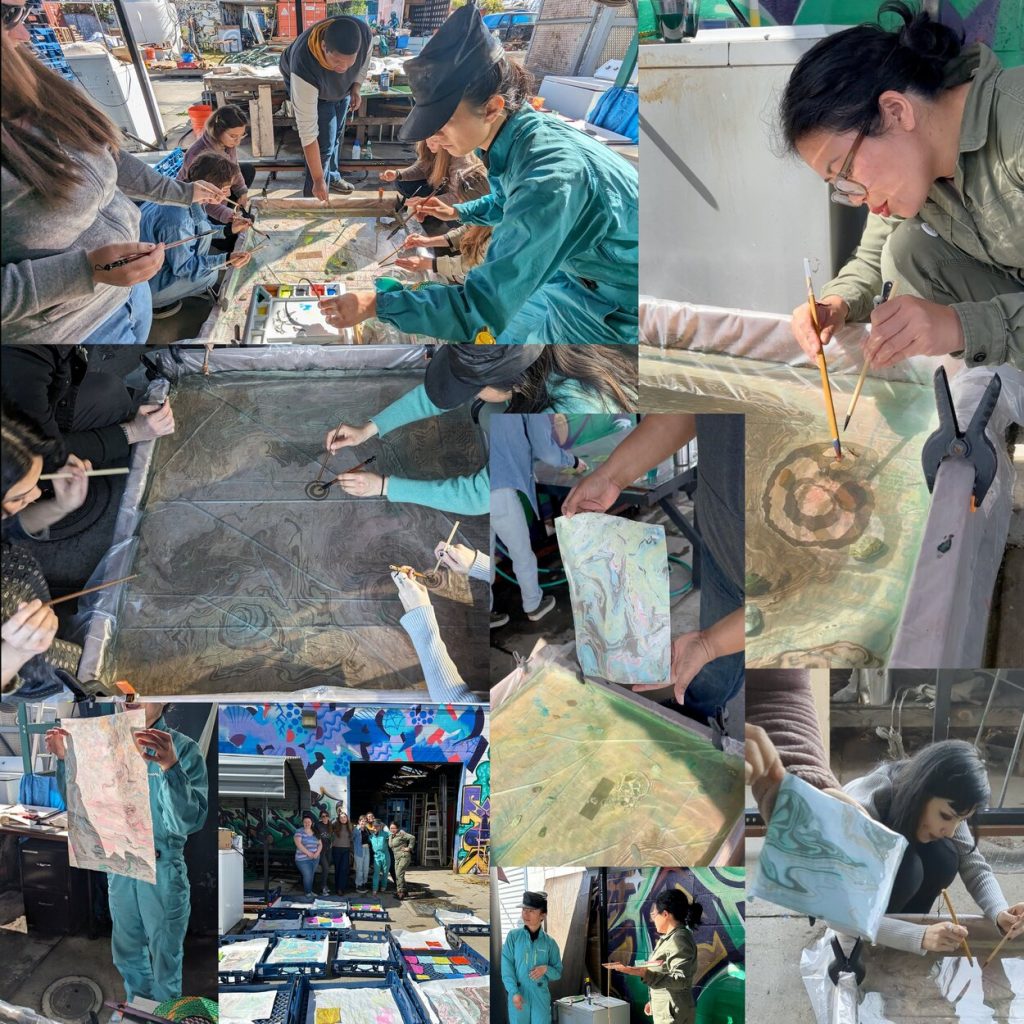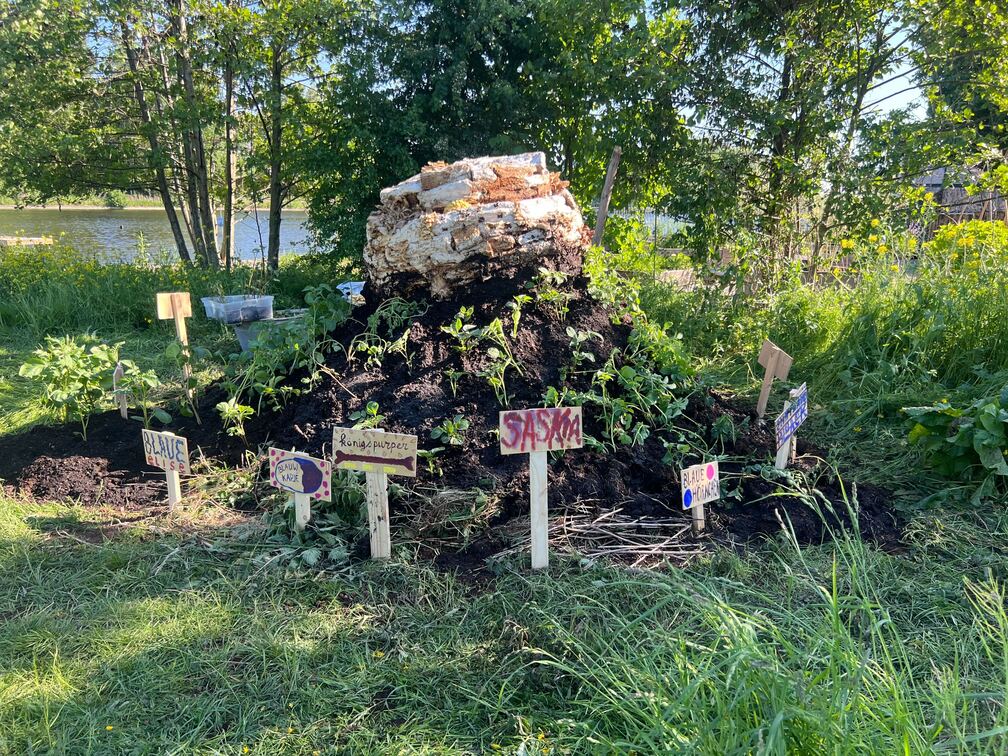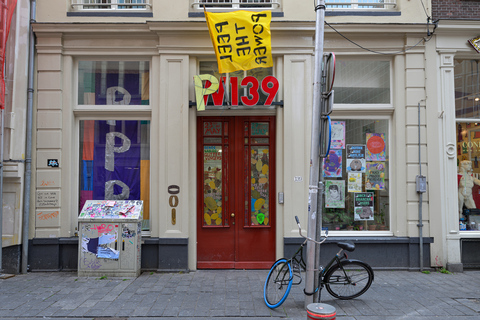A Slow Conversation on Sustainable Practice
How can artists and designers make their own practice more sustainable for themselves? The current political and ecological climate requires urgent action. We need to move fast, before we run out of resources. But how do we navigate this landscape without burning ourselves down first? Let’s slow down for a moment, get personal, get engaged together, and move from there.
This workshop is for students and beginning artists, designers and artistic researchers to exchange gained knowledge and ideas about what a sustainable art practice could look like – especially while taking your own needs and resources into account.
For this occasion, Urgent Ecologies (Gerrit Rietveld Academie) also invited several artists, designers, and artistic researchers to join the conversations in small groups. In between the conversations we will do body-awareness exercises by Rosalie Bak (affective, artistic researcher and haptonomic professional).
During the workshop we will move between an individual and collective perspective by means of connecting to ourselves, the space we are holding together, and our shared responsibility for the world – we are also part of. We will highlight the importance of the moment itself and create a physical, collective output made of clay that will be part of the exhibition PPP by collective Sunflower Soup at W139.
Walk-in — 13:30
Start workshop— 14:00
Do you want to participate? Reserve your spot on the Eventbrite-page of the event.
Participation is free, but donations are very welcome. There are limited spots available.
Urgent Ecologies is an initiative of the Gerrit Rietveld Academie that focuses on fostering a fundamental ecological and sustainable approach throughout all levels of the academy—within (art) education, institutional activities, and policy. It aims to integrate sustainability as both a topic of discussion and a practice embedded in the day-to-day functioning of the academy. Urgent Ecologies provides policy advice and initiates, supports, and highlights various projects, events, and collaborations. Some initiatives have been a pilot project to create a vegan canteen, a community garden on campus (the Garden Department), a fund to encourage the use of sustainable production methods, and a materials library.
Rosalie Bak works at the intersection of affective research, embodiment, and spatial practices, with a strong focus on ecology, art, and somatic care. As an artist and haptonomic professional she is interested in the ambiguous relationship between people and their non/living environments and explores how to make complex predicaments experiential through the body. Her multidisciplinary practice spans from the development of new methodologies and pedagogies to storytelling, writing and the design of workshops, walks and experiences, often working with communities, scientists, (artistic) research groups and the more-than-human world.
Mariana Jurado Rico is an artist and curator working with printing, installation, publishing, radio, and video performance to facilitate points of merger between people. Her works build situations with elements of humor, failure, impatience, and contradiction as tools of resistance. Currently she is working on different collaborative projects that tackle her interest in independent initiatives and self-initiated processes.
Together with Francisca Khamis Giacoman, she founded Espacio Estamos Bien (EEB), an autonomous non-autonomous space for contradictory things to happen based in Amsterdam that organizes gatherings, publications, exhibitions, and other formats. EEB started plotting the idea of a new space in Amsterdam—not necessarily a physical one—that could provide an affective and supportive context. A space for those who do not belong in the institutional circuit. A space that is always changing, always moving, but always available. EEB is an initiator of conversations and a facilitator of situations.
Nina van Hartkamp is a multidisciplinary artist, botanical dyer, and story weaver. She graduated from the Gerrit Rietveld Academie in 2020. Her research-based practice unfolds through socially engaged projects that explore the interconnections between humans, non-humans, and the environment.
Working with materials such as plants, microbes, second-hand textiles, audio, video, and performance, Nina’s projects grow out of intimate exchanges with people and places. Her work is guided by questions of belonging, co-existence, and planetary interdependence.
Through site-specific, immersive experiences—including public installations, collective rituals, and community workshops—she invites participants and audiences to reflect on their relationships with each other and the more-than-human world. Her work offers poetic resistance to extractive systems, individualism, capitalism, colonialism, and patriarchy.
Harriet Rose Morley is a UK-born artist, researcher, and initiator based in the Netherlands since 2018. Her practice explores the gender and labour politics of technical skill within art, design, and architecture, focusing on the working conditions of cultural and technical practitioners. Through her ongoing research Hard Work, Soft Work, she investigates both visible technical skills and undervalued soft skills essential to collective work. A graduate of the Glasgow School of Art and a Dutch MA program, she has led material- and collaboration-based projects, taught across UK and Dutch institutions, and worked with diverse disciplines from architecture to blacksmithing. From 2023–2025, she was Co-Director of Platform BK. In 2025, she will be a Tech Fellow at the Rijksakademie and a resident at Kunsthal Gent.
Amalie ‘Sveske’ Ourø is a Danish artist who has been living, studying and working in the Netherlands since 2018. Her work, mostly performative and site-specific, can be best described as art-anthropology and is inspired by her curiosity about humanity and reflections of the inner workings of our society. Through her work she actively engages with the audience through acts of play and subversion, inviting them to think critically about diverse societal urgencies within the field of sociology, urbanism, and ecology — encouraging meaningful and sustainable change along the way. Amalie Sveske Ourø is part of the art and garden collectives; The Garden Department (Gerrit Rietveld Academie) and Pleasure Ground.
Joakim Derlow is an artist who specialises in fragmented narratives and spatial comics. His practice brings together objects, found items, drawings and his own performative presence to tell stories of a fragmented nature. These elements thrive on their own, but are meant to be seen in a site specific arrangement which provokes the associations and perspectives of an audience. It is their mending eyes that read out trails or a sequence – inso forming the notion of a narrative.

